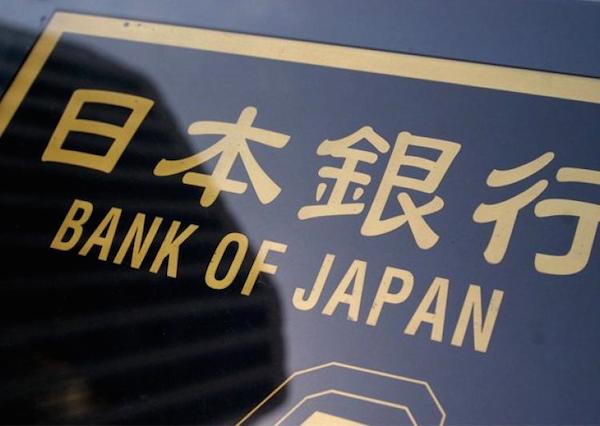A FinTech conference with participants such as the Bank of Japan, the International Monetary Fund (IMF) and the Financial Services Agency (FSC) of Japan was held recently in Tokyo. In regards to this event, Masayoshi Amamiya, the Deputy Governor of the Bank of Japan, published a document called “Central Banking in the Digital Age” in which he evaluated the impact that the financial technology could have on the development of the central banks.
Amamiya says the growth of the IT sector and the appearance of the cryptocurrency played a key role in the growth of the financial inclusion and the appearance of new business models, such as the shared economy. Amamiya says: “Let me pick up the issue of “financial inclusion” for example. This was a global social issue already as early as 2008. Since then the number of smartphones has skyrocketed, and many people, including those in emerging economies in Asia, have become able to access financial services via smartphones. IT innovation has promoted “financial inclusion” in a way which was not expected a decade ago. Such wider access to financial services is also stimulating various new economic activities. Moreover, IT innovation has created new business models, such as “the sharing economy.””
According to the Deputy Governor of the Bank of Japan, all this presents a challenge for the traditional financial institutions. In his opinion, the information technology (IT) and the applications created by this technology could have a negative impact on the financial stability. He added: “First, high-frequency trading, or HFT, utilizing algorithms and AI has recently increased its role in various financial markets. Financial authorities need to carefully examine how such trading strategies influence price formation, market volatility and liquidity, since they may have important implications in terms of market stability and the transmission mechanisms of monetary policy.”
When it comes to the cryptocurrencies, Amamiya says this type of assets is becoming more and more popular and the cryptocurrencies should be taken care of by the central banks around the world: “To sum up, IT innovation raises many fundamental questions and challenges related to the currency system, the design of central bank infrastructure and the utilization of information attached to economic activities. I sincerely hope our understanding of these issues will be further deepened in the future.”
The current system consists of a central bank and private banks and it is known as a two-tiered system. Amamiya further explains: “In this two-tiered system, the central bank specializes in supplying banknotes and central bank deposits, while private banks perform the function of credit creation and provide deposit currencies as broader money. Through such activities, private banks provide payment services to the general public and allocate financial resources to the economy as loans and credits.”
The Deputy Governor of the Bank of Japan said the institution he represents understands the importance of the blockchain technology and other FinTech initiatives and does not deny the possibility to use these technologies in the future: “Although the Bank of Japan does not have a plan to issue its own digital currency at this juncture, the Bank fully acknowledges the importance of deeply understanding innovative technologies not only for maintaining financial stability but also for seeking the possibility of applying them to central bank infrastructure in the future. Central banks should always be attentive to on-going innovation, and continue making efforts to provide the best infrastructure to society in accordance with the development of technologies.”
Two years ago, the Bank of Japan created its FinTech Center to be used by companies from the blockchain sector to develop and test their applications in a secure way. Moreover, the central bank of Japan participates in a joint project called “Project Stella” together with the European Central Bank. The goal of this project is to study the potential of the blockchain technology.
The Japanese authorities maintain their positive attitude towards the cryptocurrencies and the blockchain technology. After the use of Bitcoin as a method of payment was legalized in the country, the Bitcoin ecosystem experiences a big growth.



